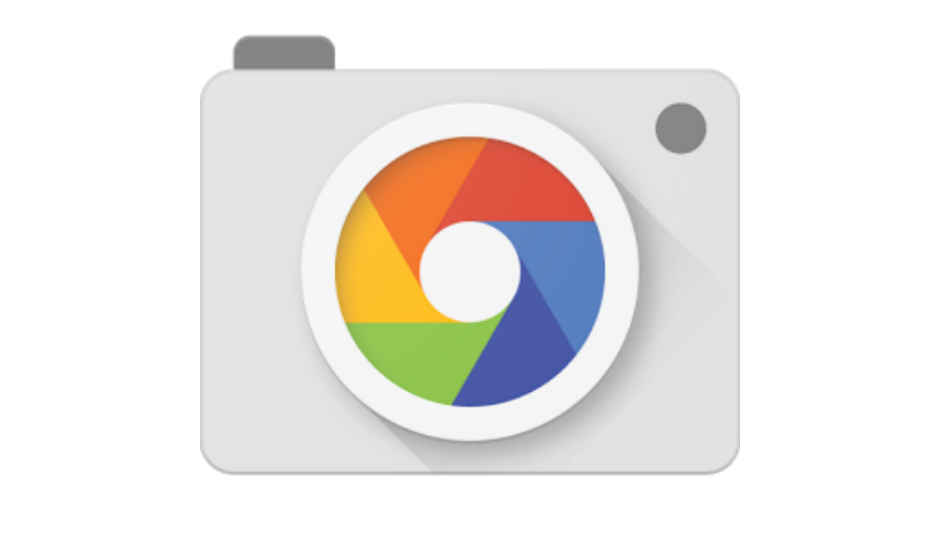Google Camera v3.1 update rolling out to devices running Marshmallow
The update brings a new interface which allows users to switch between video and camera mode, by swiping right or left, and also introduces other features

Google is rolling out Google Camera v3.1 update to devices running Android Marshmallow. The update brings a new interface that is found on the Nexus 6P and the Nexus 5X smartphones. With the new interface, users can swipe right to switch to video mode, and swipe left for camera. The new interface also makes it easier for users to toggle the flash, Timer and HDR+. Other camera options like Photo Sphere, Panorama, Lens Blur and Settings can be found on a hamburger menu to the left of the screen. There are some other changes included in the update. Tapping on the screen while in video mode no longer takes a photo, and instead focuses on the area that is touched. However, the new interface is all that users will get as the update, and doesn’t include slow motion and burst shot modes that are available on the Nexus 6P and 5X. Another change is that disabling the SmartBurst option on the 6P now allows users to take any number of burst photos, instead of completely disabling it.
 Survey
SurveyGoogle Camera was announced last year for all smartphones and tablets running Android OS. It added a number of features like Photo Sphere, which lets users shoot 360 degree photos that look similar to Google's Street View images. It also includes Lens Blur, which changes the focus of the image after taking the photograph. Other features that it came with were an extra-large capture button and 100 percent viewfinder for capturing maximum resolution. However, the new app wasn’t well received, initially.
Google Camera is not the only thing to be updated by Google. The company also announced that it was making Google Search much easier to use, and can now recognise phrases, and answer complex questions. Google has integrated a smart parsing system which can parse various aspects of a complex question to understand it better. The search can now handle superlatives such as ‘tallest’, ‘biggest’, etc. Satyajeet Salgar, Product Manager, Google Search said in the official blog post, “We can now break down a query to understand the semantics of each piece, so now we can get at the intent behind the entire question. That lets us traverse the Knowledge Graph much more reliably to find the right facts and compose a useful answer. And we can build on this base to answer harder questions.”
Source: Android Headlines